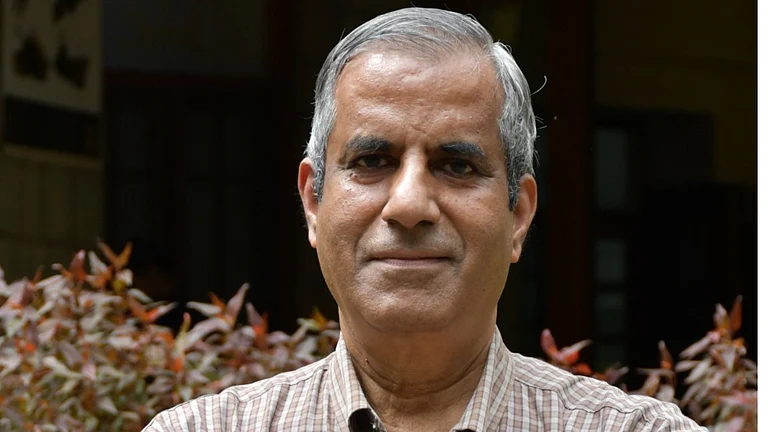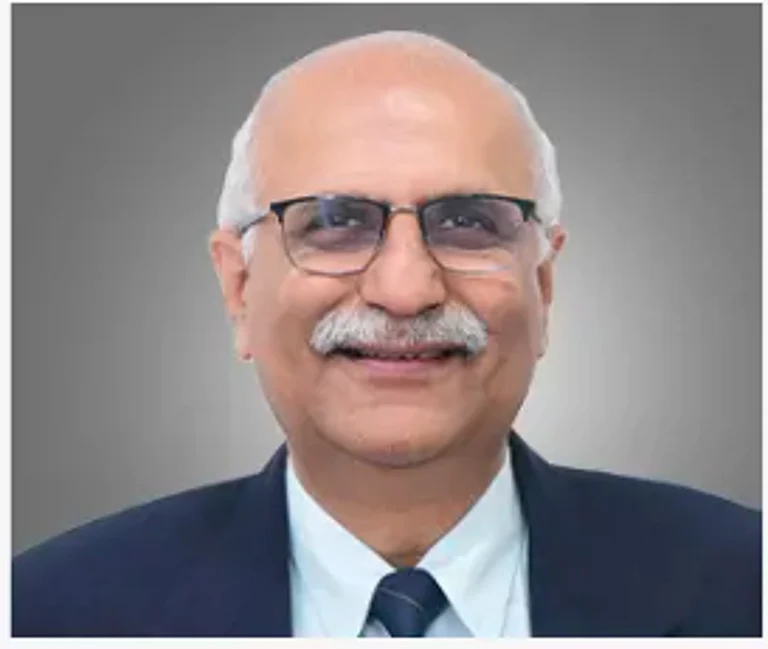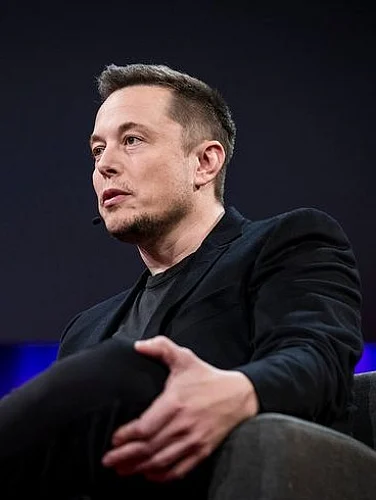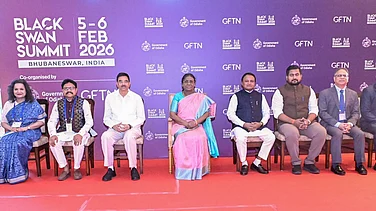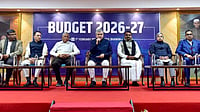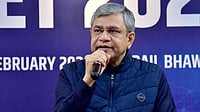With a favourable geopolitical position and growing self-reliance, India is on track to achieve 90% defence production reliability in the coming years and emerge as a global defence exporter, said DRDO Chairman Sameer V. Kamat on Friday.
"I estimate that in the next 4–5 years, we will achieve around 90% self-reliance in defence production. While 100% domestic production isn’t economically viable—since we must cater to our own needs and remain relevant globally. India is considered as the neutral player so we can supply to the USA, Russia, and Southeast Asia. It is only we have to recognise niche technology and products that we can manufacture and become a global supplier.”
Kamat highlighted the UAV (Unmanned Aerial Vehicle) sector as one of the most promising areas for Indian defence startups.
"The UAV space has really taken off," he said. "Recent wars have demonstrated that UAVs will remain a critical component on the battlefield for the next 5–10 years. They have diverse applications—ranging from surveillance and logistics to weapons deployment."
He also mentioned that UAVs are going to have a huge market and consist of potential opportunities for startups.
"However, in the next decade, anti-UAV technologies will begin to dominate space. So, it’s not a long runway—if you're quick to capture the market, now is the time to get involved,” he added.
DRDO Chief also underlined the ‘Sensor’ segment as another fertile area where Indian defence startups can work, as it has many applications.
Kamat spoke about DRDO’s annual ‘Dare to Dream’ contest, which aims to support the ideas of defence startups that eventually convert into a product.
He also said that from the next contest they will have venture capitalists as their partners to provide a better and broader scale of opportunities to the startups.
Space is a critical domain for DRDO, said the DRDO Chief, citing early developments in the Russia-Ukraine war.
"In the initial days, Russia disabled Ukraine’s communication systems, but Starlink was able to quickly restore connectivity using its LEO satellites. This highlights the strategic importance of space-based systems, and we want Indian startups to actively explore and innovate in this segment," he said.












